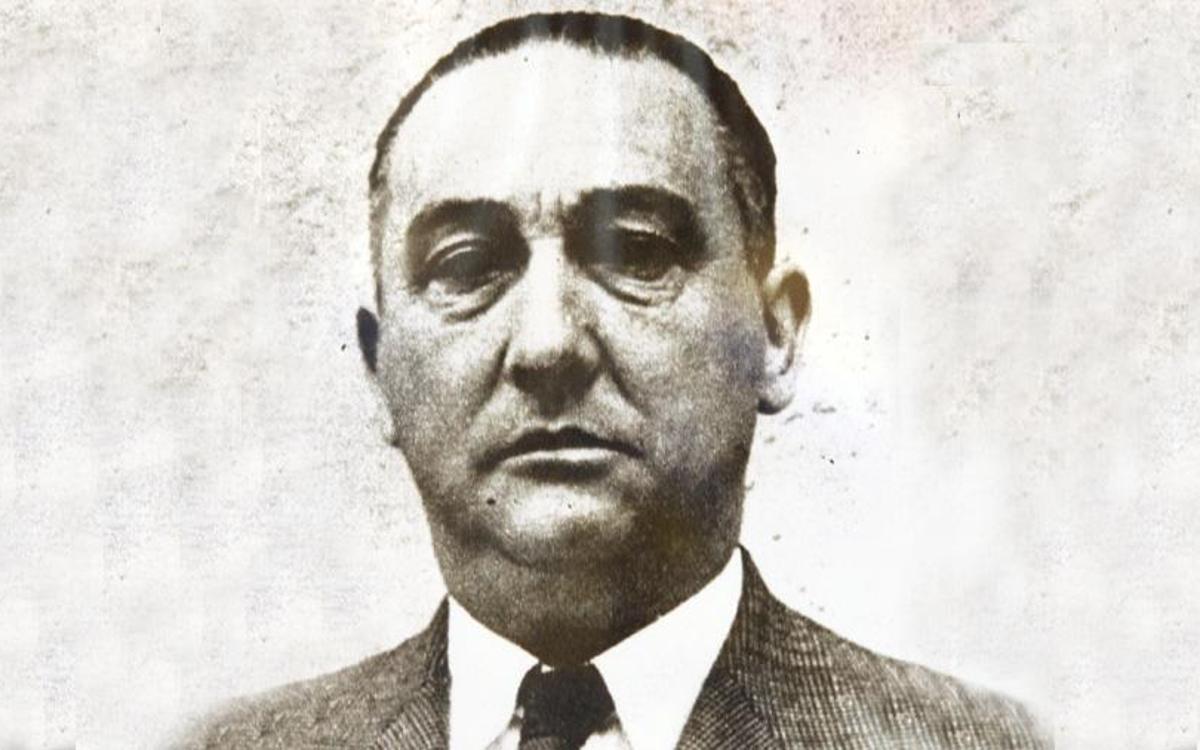Joan Coma (1925/1931-1934)
Joan Coma’s first stint as blaugrana president was symbolic, since the Club’s only tasks were administrative from June to December, 1925, giving Coma no decision-making authority. During the six-month sanction, the few Board meetings that were held were overseen by a government authority, who was present at each and every one of them.
The beginning of his second period in charge, in December of 1931, coincided with a time of internal difficulties, which had resulted in the resignation of his predecessor, Antoni Oliver. In addition, Coma had to face financial problems which were caused by the new policy of wage increases for members of the first team.
On top of all this, the declaration of the Republic had led to a notable decline in interest in football, in favor of politics, which meant a loss of members and consequently a decrease in revenues. All this caused the Club to suffer a serious financial crisis, and Coma had to do an incredible economic balancing act to prevent it from going bankrupt.
Budget limitations and a roster that was too big forced the man in charge of Barça to let go of many of the players who had formed the backbone of the great team of the 1920s. Thus, in 1932, players like Piera, Mas, Dos Santos and Gual were released. However, undoubtedly the most controversial decision was to let Samitier leave. This caused a wave of protest among the supporters, and Coma had to explain that The Lobster Man had left the club both because of his age—he was listed as 34 years old but was, in reality, only 30—and because of his undisciplined nature. A few days later, in January of 1933, 'Sami' signed for Real Madrid.
In the meantime, the renovation of the Barça squad was not giving the desired results and in the same 1932-33 season Barça got knocked out of the Cup by Betis, after losing 4-0 in the return leg of the last 32. This result led to the resignation of some Board members and a few days later a letter signed by 800 fans demanding Coma’s resignation, appeared in the press.
The financial and sporting crisis got worse still during the summer of 1933, when the club finished the season with a large deficit and also a terrible defeat that Barça suffered at the hands of Badalona in a friendly (6-2). The President tried to calm things down and return to some sort of consensus within the club by naming a broad-based Board of Directors, but this measure did not help in any way, as the following season was a disaster. Barça failed in all competitions (ninth in La Liga, second in the Campionat de Catalunya, and knocked out of the Copa del Rey in the quarterfinals), membership fell to 8,000, and the Club’s financial status was very delicate. The situation was totally unsustainable and, on 16 July 1934, Coma gave up the presidency.

